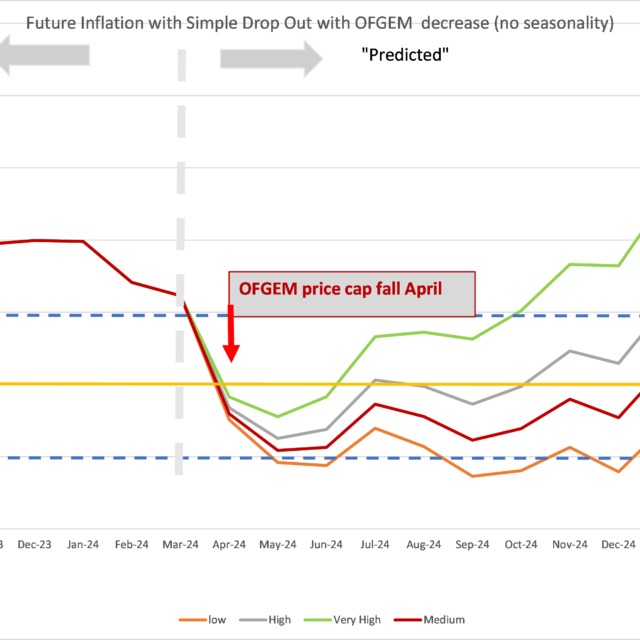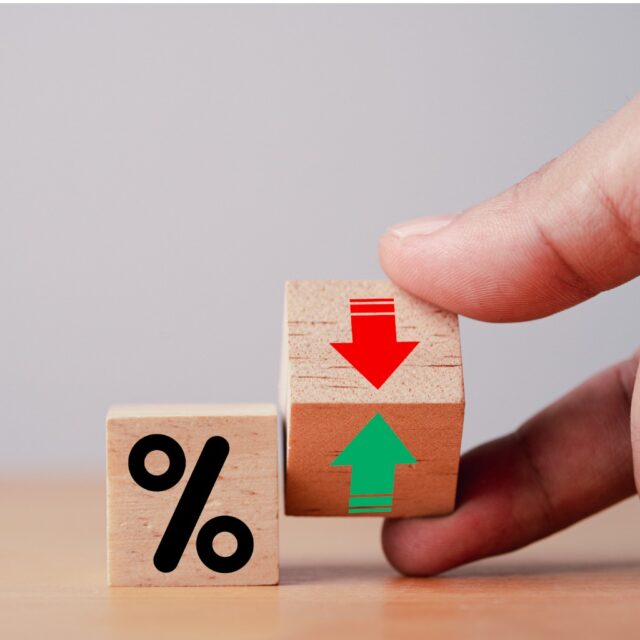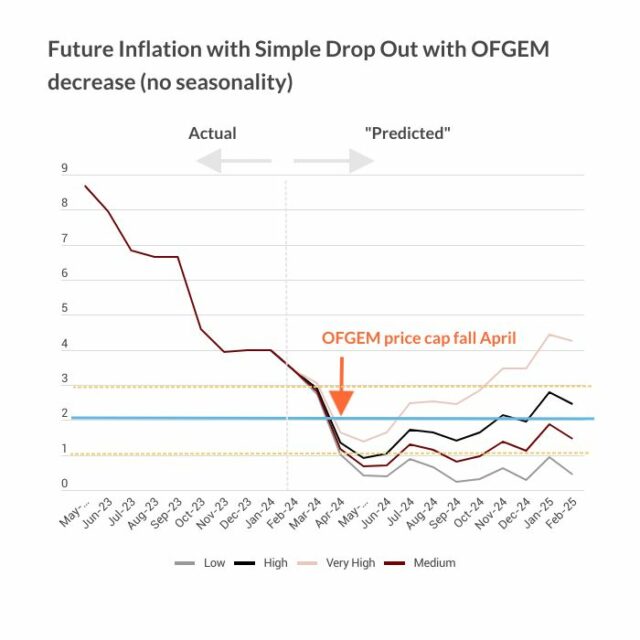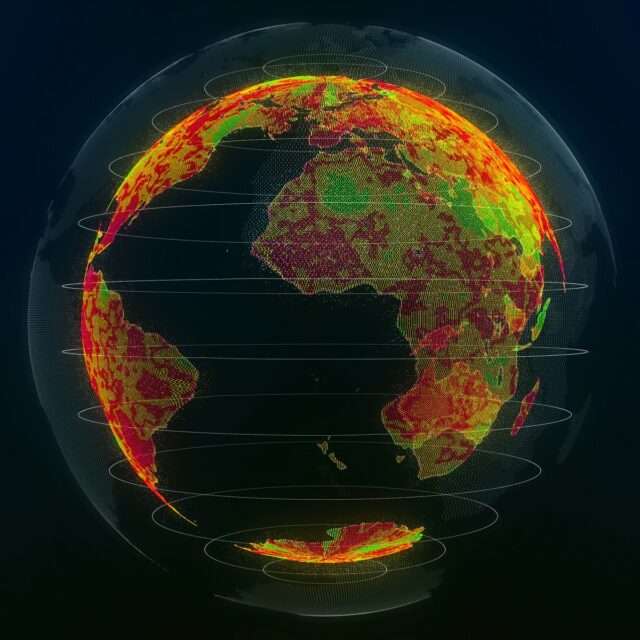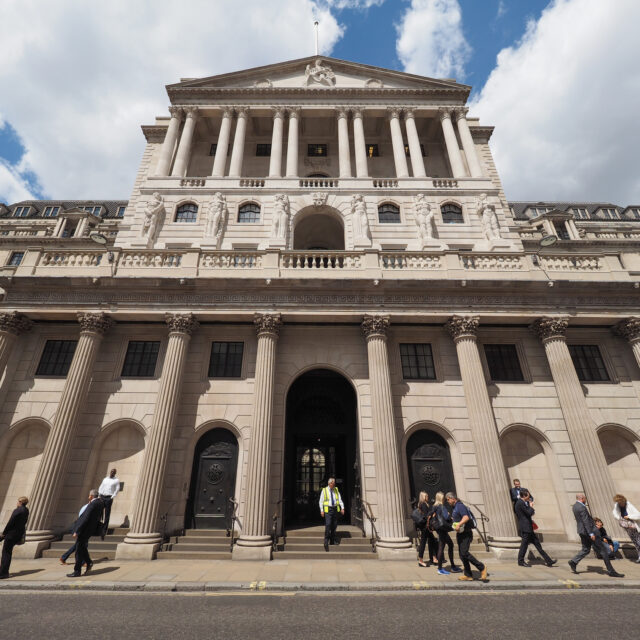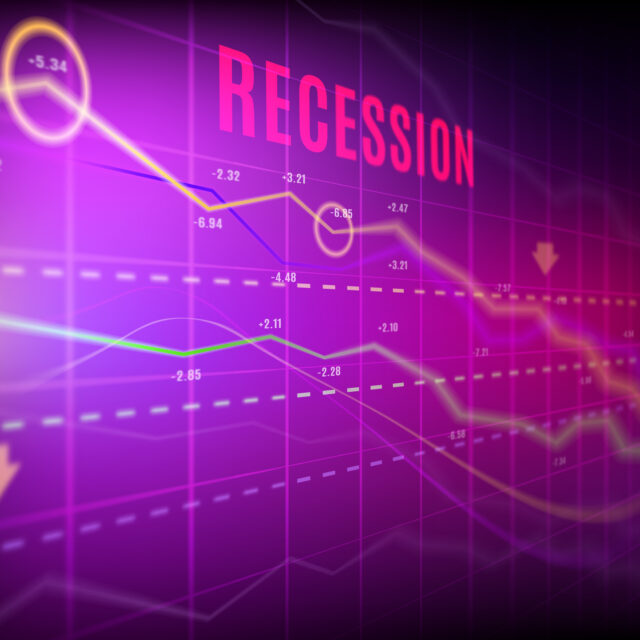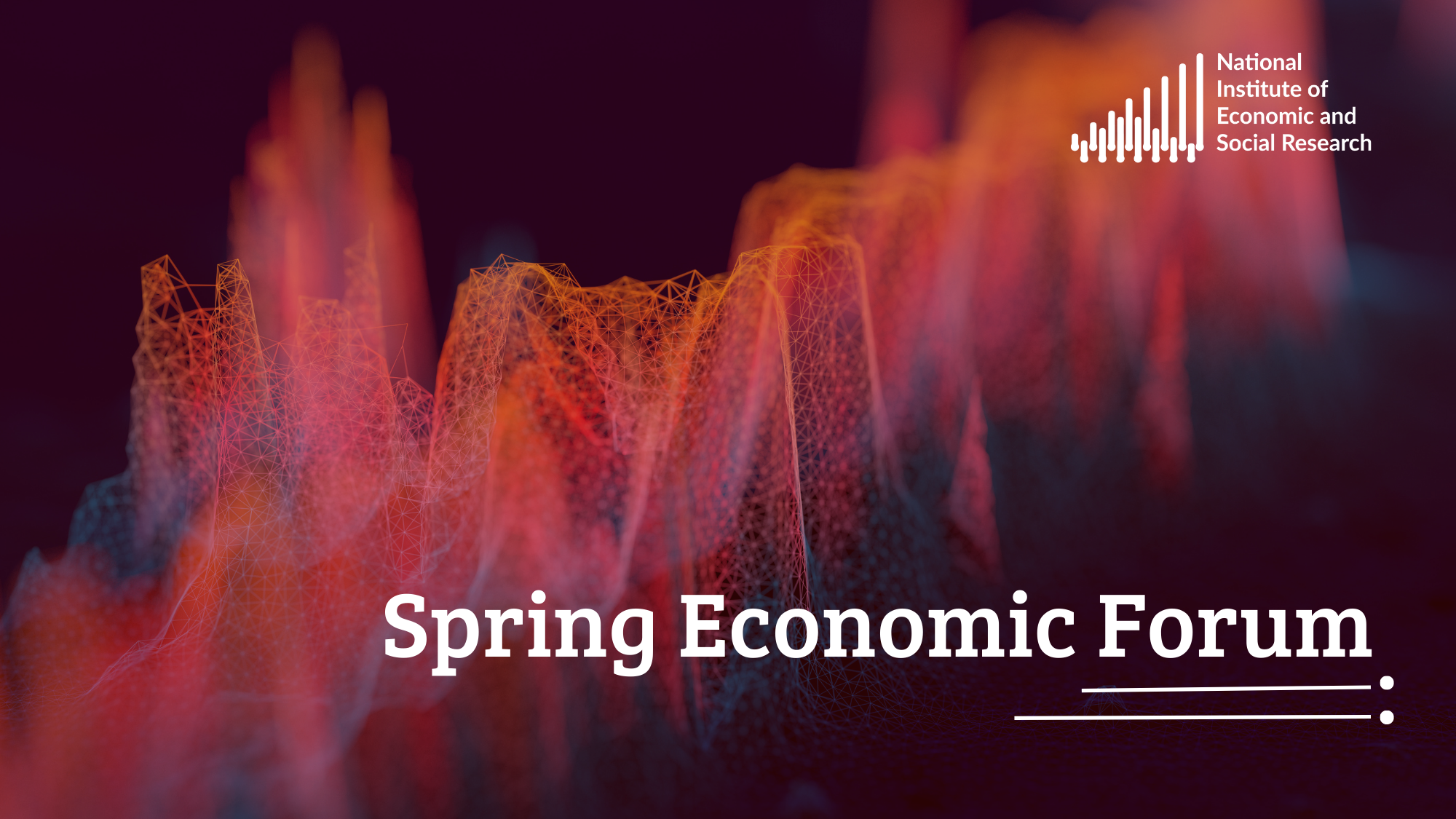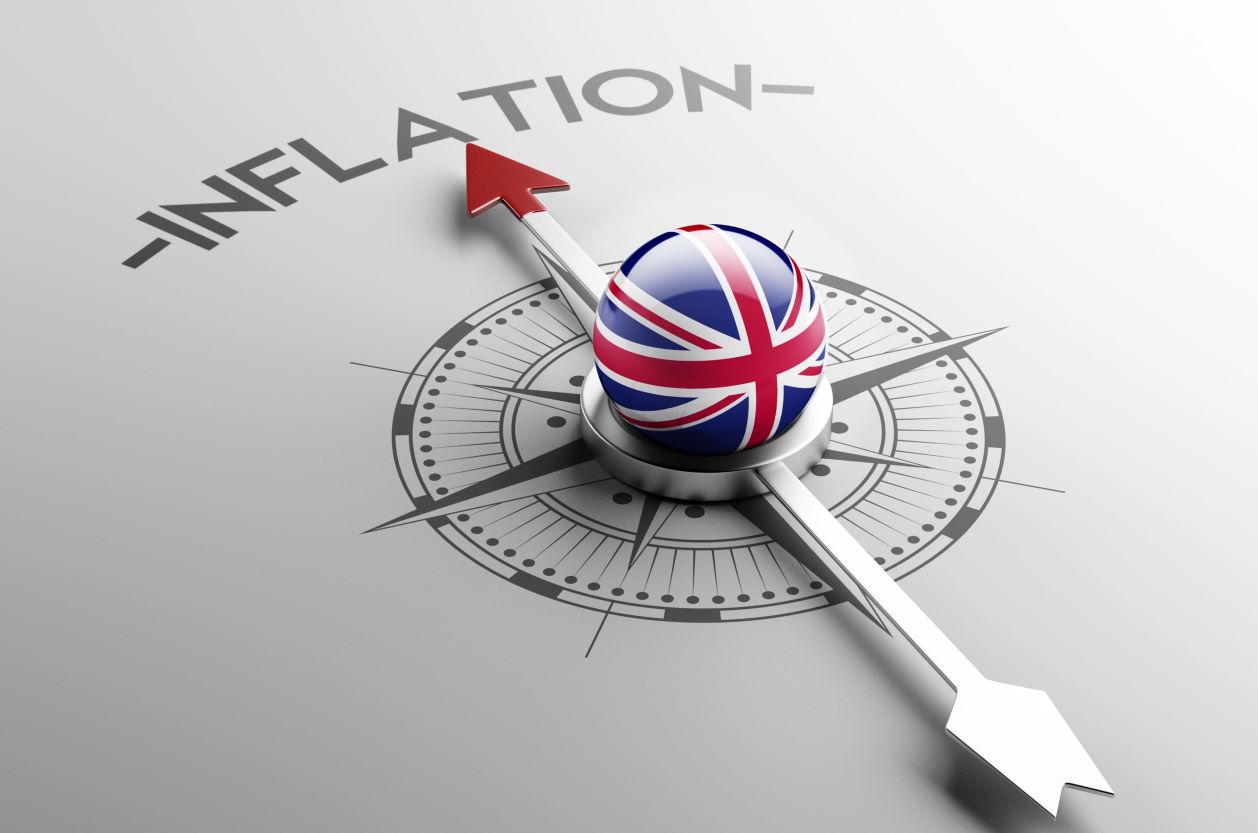Short-term Impact from a Rapid Increase in Carbon Taxes
Greenhouse gas emissions are expected to continue to increase unless there is a significant shift in human behaviour, including a considerable change in the energy mix, towards low carbon and no-carbon sources. The NGFS3 scenarios have been widely used to illustrate possible long-term economic impacts from climate-related changes.
Sign in to Access Pub. Date
Pub. Date
 Pub. Type
Pub. Type
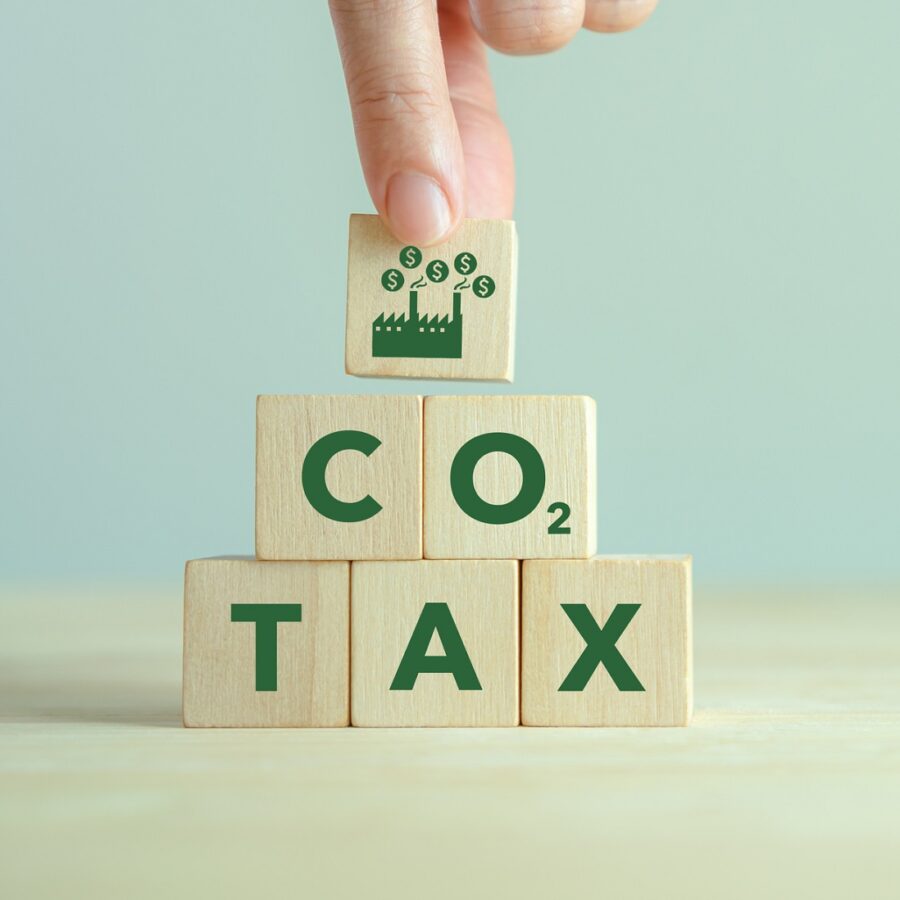
Main points
- Recently, analysis of the short-term economic impact from climate change and related policies has gained interest, because, when considering the implications for financial stability and financial institutions, investigating short-term risks is critically important.
- In this NiGEM Topical Feature, we evaluate the short-term impacts from climate-related changes by examining a hypothetical scenario using the climate module of NIGEM.
- In our scenario, an increase in carbon taxes would be expected to lower GDP growth across a wide range of countries by about 1 - 3 percentage points relative to ‘current policies’, which is smaller than the losses observed during the global financial crisis (GFC) or the first year of the Covid-19 pandemic.
- The sudden carbon tax rise is expected to disturb the financial markets and push real interest rates up and asset values down. Based on our hypothetical scenario, asset prices fall by up to 20 per cent initially, which is 2 or 3 times smaller than the reductions observed during the GFC.
- The carbon tax will generate fiscal revenue, which in our analysis is allowed to reduce household income tax rates, thus partially offsetting the negative consequences of the higher carbon tax rates.
Climate change is almost certainly the most important problem facing the global economy over the next 50 years. Indeed, as we write, Southern Europe and North America are in the grip of heat waves with temperatures rising to record levels. Governments are now beginning seriously to acknowledge the risks posed by climate change and are using a number of policies to move their economies towards ‘net zero’, but policies that are aimed at tackling climate change, technological innovations, and changes in consumer preferences can significantly change existing business models and hence have a marked impact on economic and financial stability in the short run. Building on our previous work in this area (Holland et al., 2021; UNEP-FI, 2022), in this NiGEM Topical Feature we examine the short-term economic effects of one such policy: an increase in carbon taxes.

